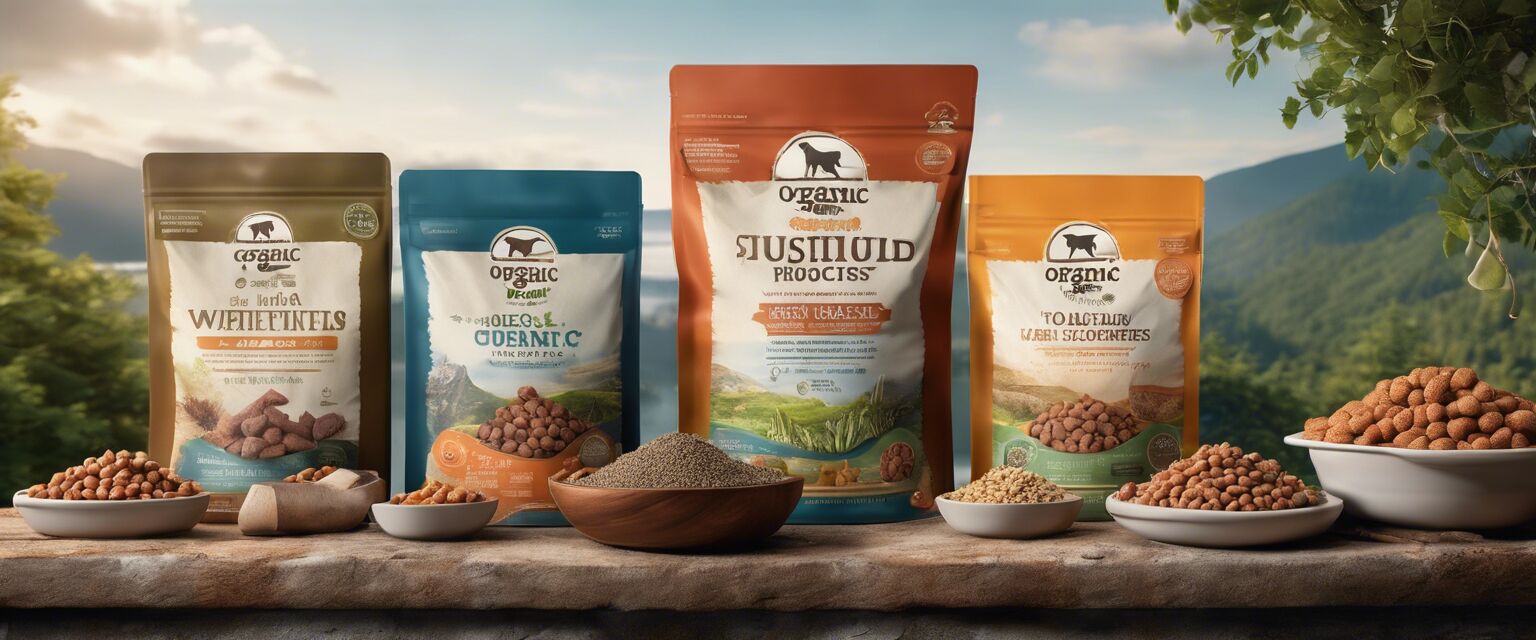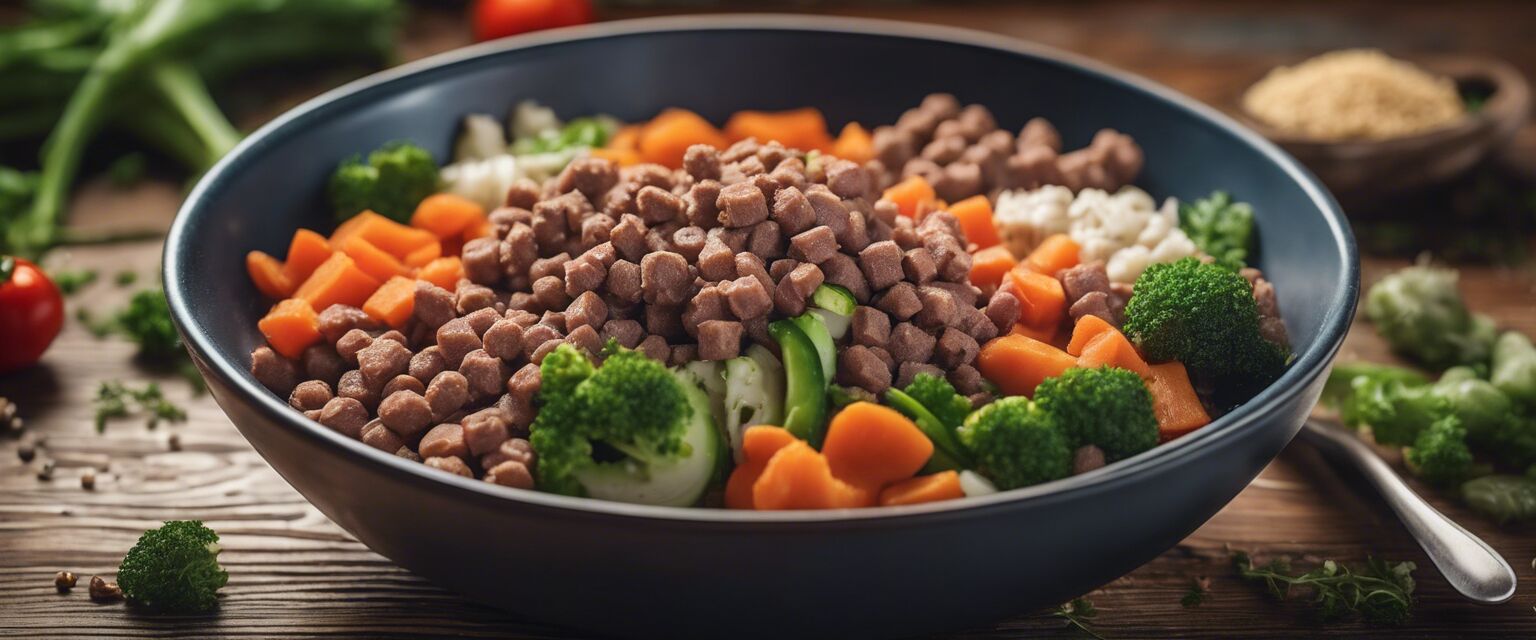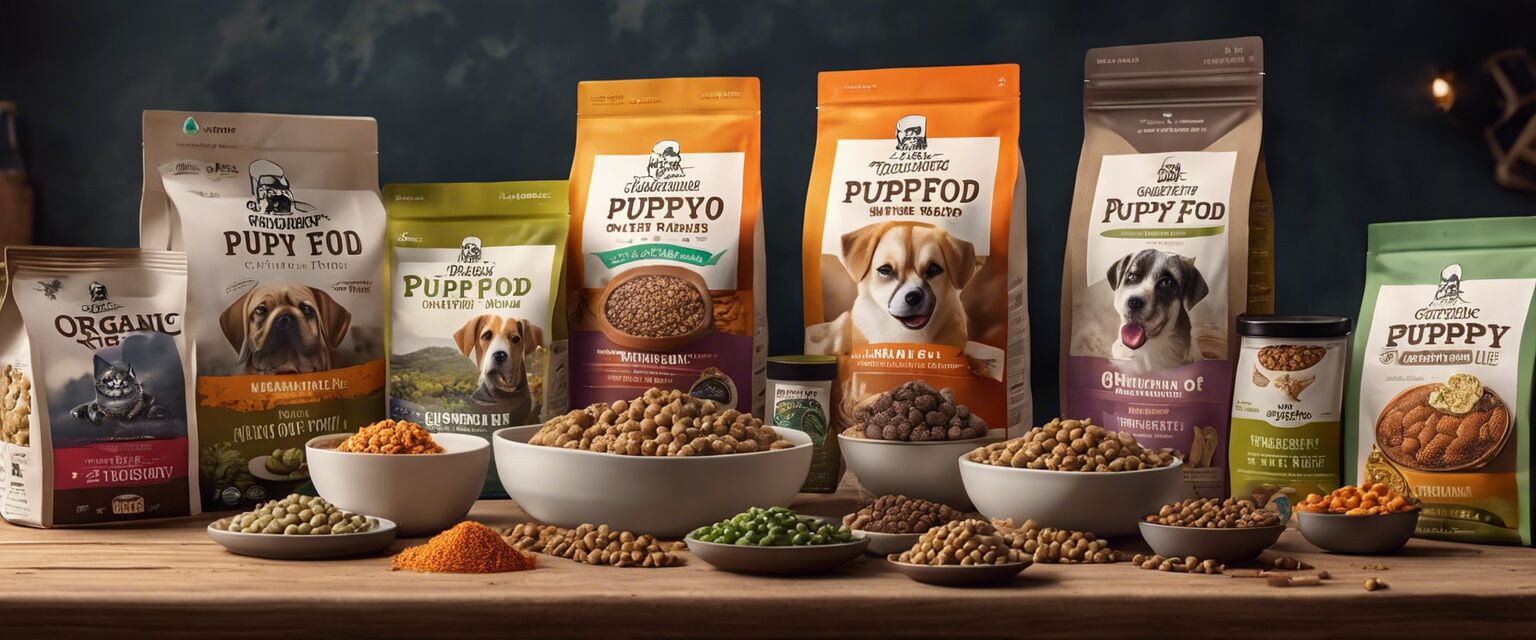
Organic Puppy Food
Welcome to our comprehensive guide on organic puppy food! In this article, we will explore various organic puppy food brands, their nutritional benefits, and why choosing organic may be the best choice for your dog.
Key Takeaways
- Organic puppy food offers high-quality ingredients that contribute to better health.
- Look for food rich in proteins, healthy fats, and essential vitamins.
- Make informed decisions by comparing brands and understanding their ingredient lists.
- Ensure the puppy food is suitable for your puppy's specific breed and age group.
- Choosing organic can support sustainable farming practices.
Why Choose Organic Puppy Food?
Organic puppy food is made from ingredients that are grown without synthetic fertilizers, pesticides, or genetically modified organisms (GMOs). These factors can significantly contribute to the overall health and well-being of your puppy.
The benefits of organic puppy food
- High-quality ingredients: Organic puppy food includes more natural ingredients that can provide essential nutrients.
- Better digestion: Many dogs experience improved digestion when consuming organic food due to the absence of fillers and artificial additives.
- Reduced exposure to chemicals: Organic products reduce the risk of exposure to harmful chemicals that could impact your puppy's health.
- Sustainable farming: Organic farming supports environmentally friendly practices.
Comparing Different Types of Organic Puppy Food
It's essential to understand that not all organic puppy food is created equal. Below, we compare various types available in the market:
| Type | Ingredients | Best For |
|---|---|---|
| Dry Dog Food | Whole grains, meats, vegetables | Puppies that need dental health support |
| Wet Dog Food | Real meat, broths, vegetables | Puppies needing hydration |
| Grain-Free Dog Food | Meat, vegetables, and pulses | Puppies with grain sensitivities |
| Puppy-Specific Formulas | Balanced proteins, fats, vitamins | Puppies requiring higher energy |
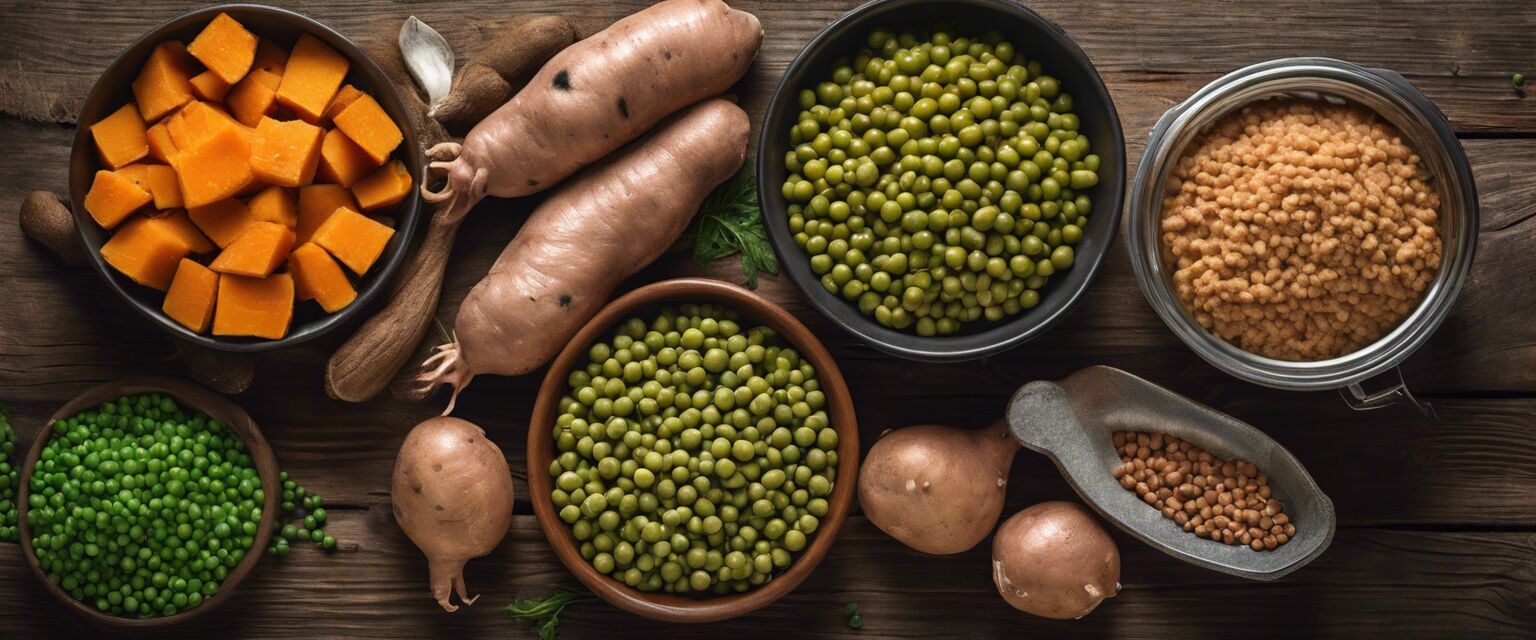
Nutritional Needs of Puppies
Puppies need a balanced diet to support their rapid growth and development. Hereâs what to look for in organic puppy food:
- Protein: Look for high-quality animal protein sources such as chicken, lamb, or fish.
- Fats: Healthy fats are crucial for energy and proper coat health; omega fatty acids are particularly beneficial.
- Carbohydrates: Choose whole grains or vegetables that provide slow-digesting carbs for sustained energy.
- Vitamins & Minerals: Essential for overall health, these nutrients help with bone growth, immune function, and metabolism.
Popular Organic Puppy Food Brands
While we will not recommend specific products, here is a list of popular brands that are recognized for offering organic puppy food:
- Brand A - Known for their high-quality ingredients and variety of flavors.
- Brand B - Offers puppy-specific formulas that are vet-approved.
- Brand C - Utilizes sustainable farming practices and locally sourced ingredients.
- Brand D - Features a wide range of grain-free options for sensitive puppies.
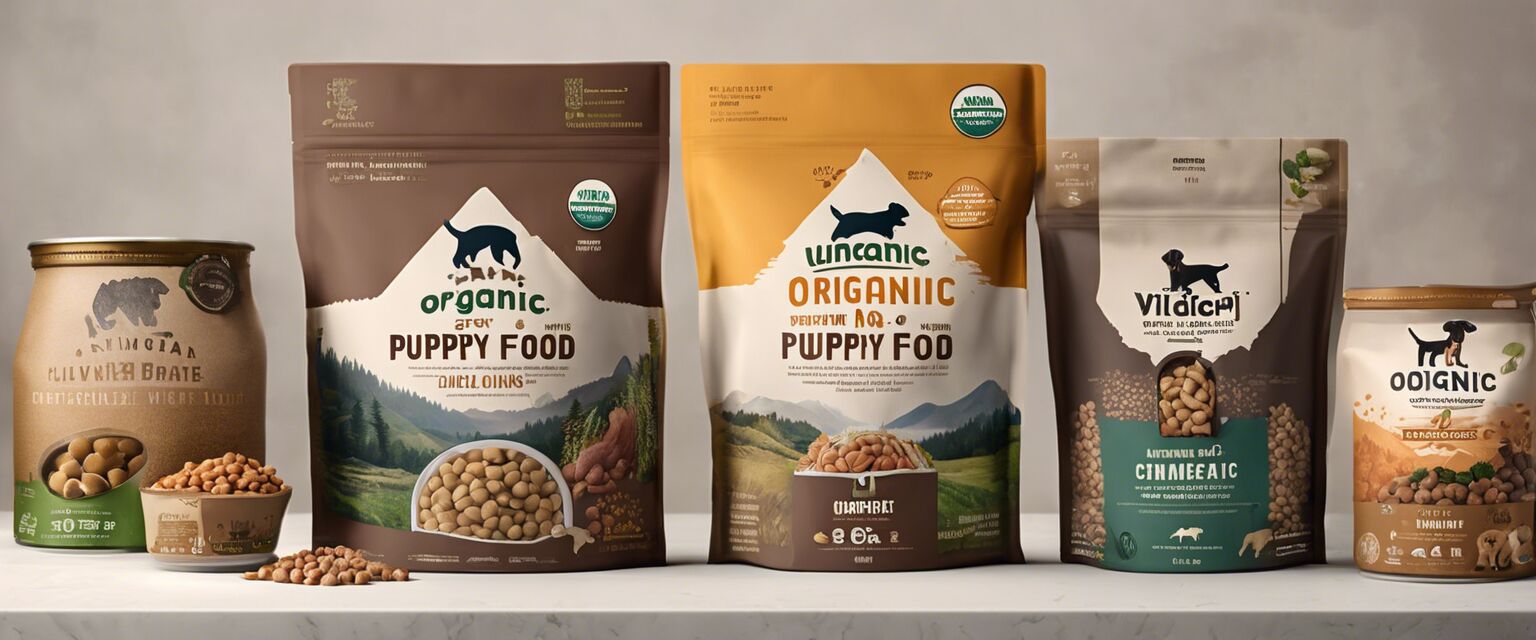
Making the Right Choice for Your Puppy
When selecting the perfect organic puppy food for your furry friend, itâs important to consider several factors:
- Age and Size: Ensure the food is tailored specifically for puppies, as their nutritional needs differ from adult dogs.
- Allergies: Check if your puppy has any known allergies or sensitivities to certain ingredients.
- Consult Your Vet: Always consult your veterinarian for personalized recommendations based on your puppy's specific needs.
Transitioning to Organic Puppy Food
If youâre switching your puppy to organic food, do it gradually:
- Introduce the new food gradually over one week.
- Mix a small amount (about 25%) of the organic food with their current food.
- Increase the ratio of new food over the week while decreasing the old food.
Pros
- High-quality ingredients promote better overall health.
- Reduces exposure to harmful chemicals.
- Supports sustainable agriculture.
- Can improve digestion for many puppies.
Cons
- Often more expensive than regular dog food.
- Limited availability in some regions.
- Not all brands are created equal, requiring careful selection.
Frequently Asked Questions (FAQs)
What is the difference between organic and regular puppy food?
Organic puppy food is made from ingredients that are grown without synthetic pesticides or GMOs. In contrast, regular puppy food may include artificial additives and lower-quality ingredients.
Is organic puppy food worth the price?
Many pet owners find that the benefits of organic ingredients outweigh the higher cost, especially considering the potential health advantages for their puppies.
How do I know if a brand is genuinely organic?
Look for certification labels from recognized organizations to ensure the brand meets organic food standards.
Tips for Beginners
- Read ingredient labels carefullyâknow what goes into your puppy's food.
- Experiment with different brands to see which one your puppy prefers.
- Observe how your puppy reacts to the new food to catch any adverse reactions early.
